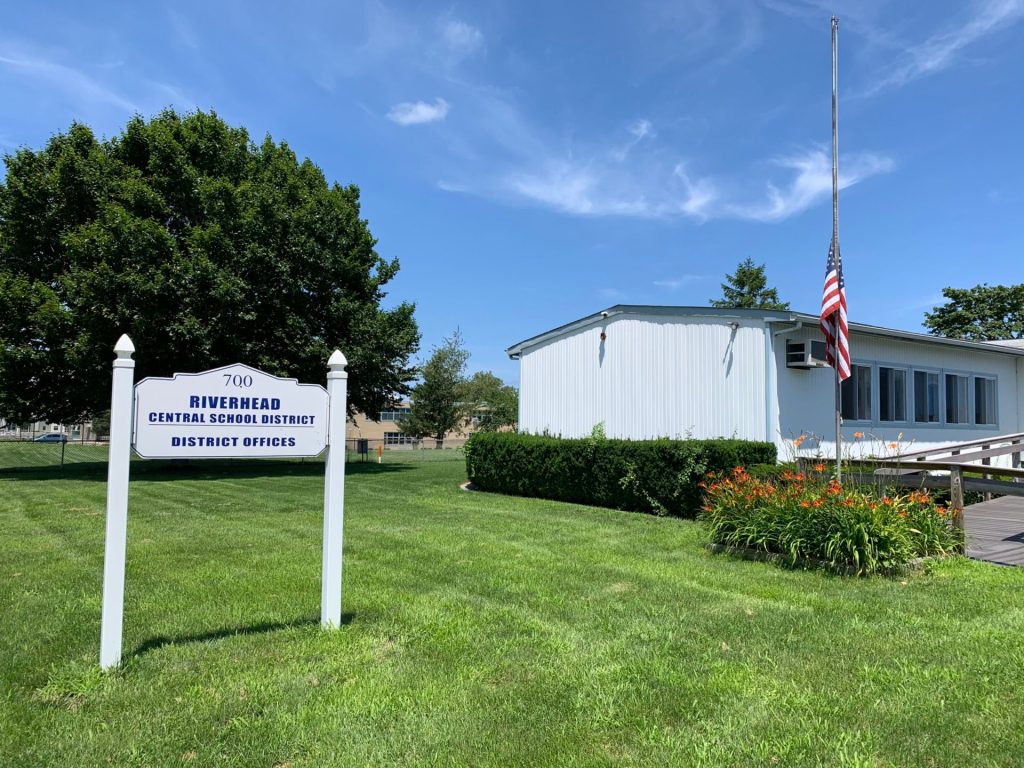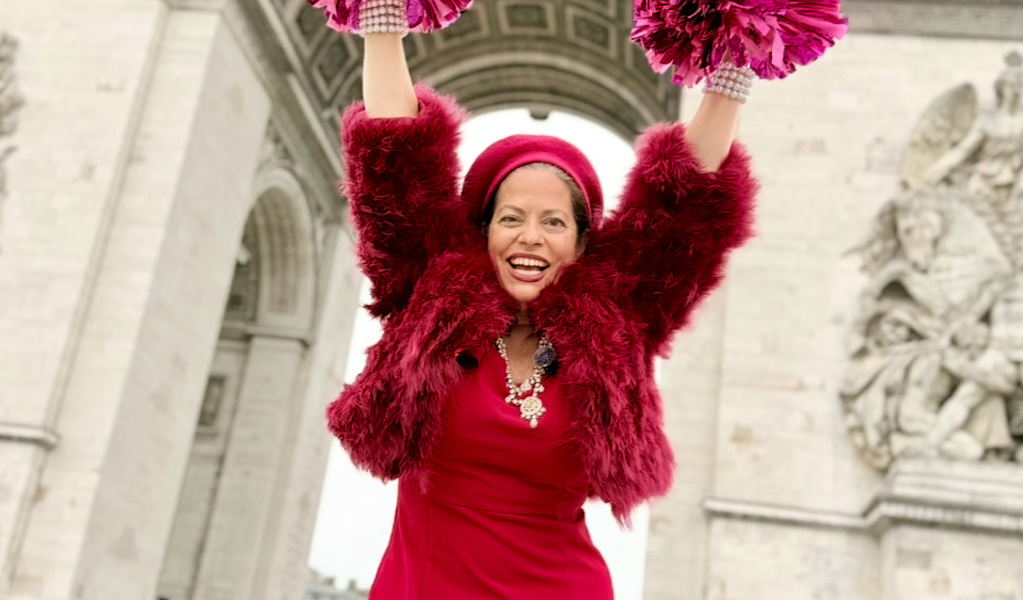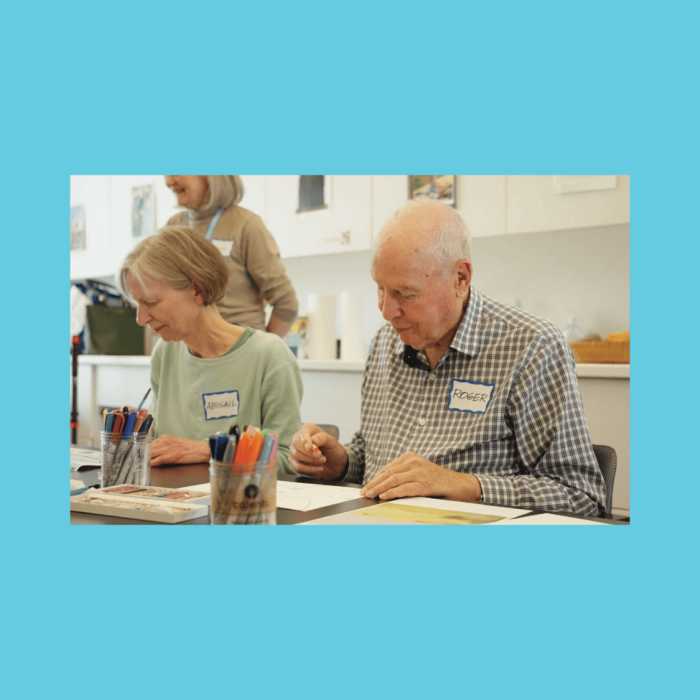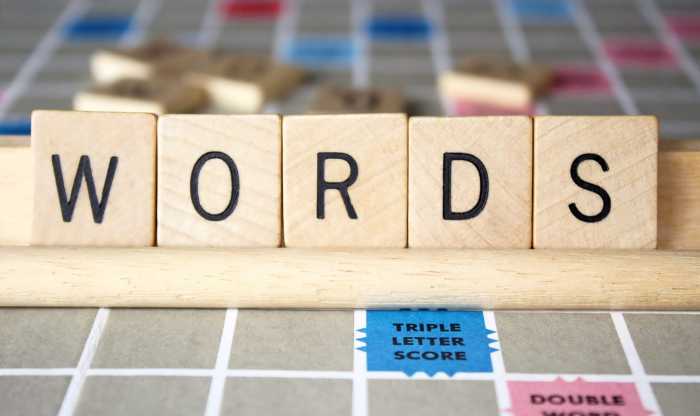Massive to Intimate: 'Ragtime' Musical Is Coming to Bay Street Theater
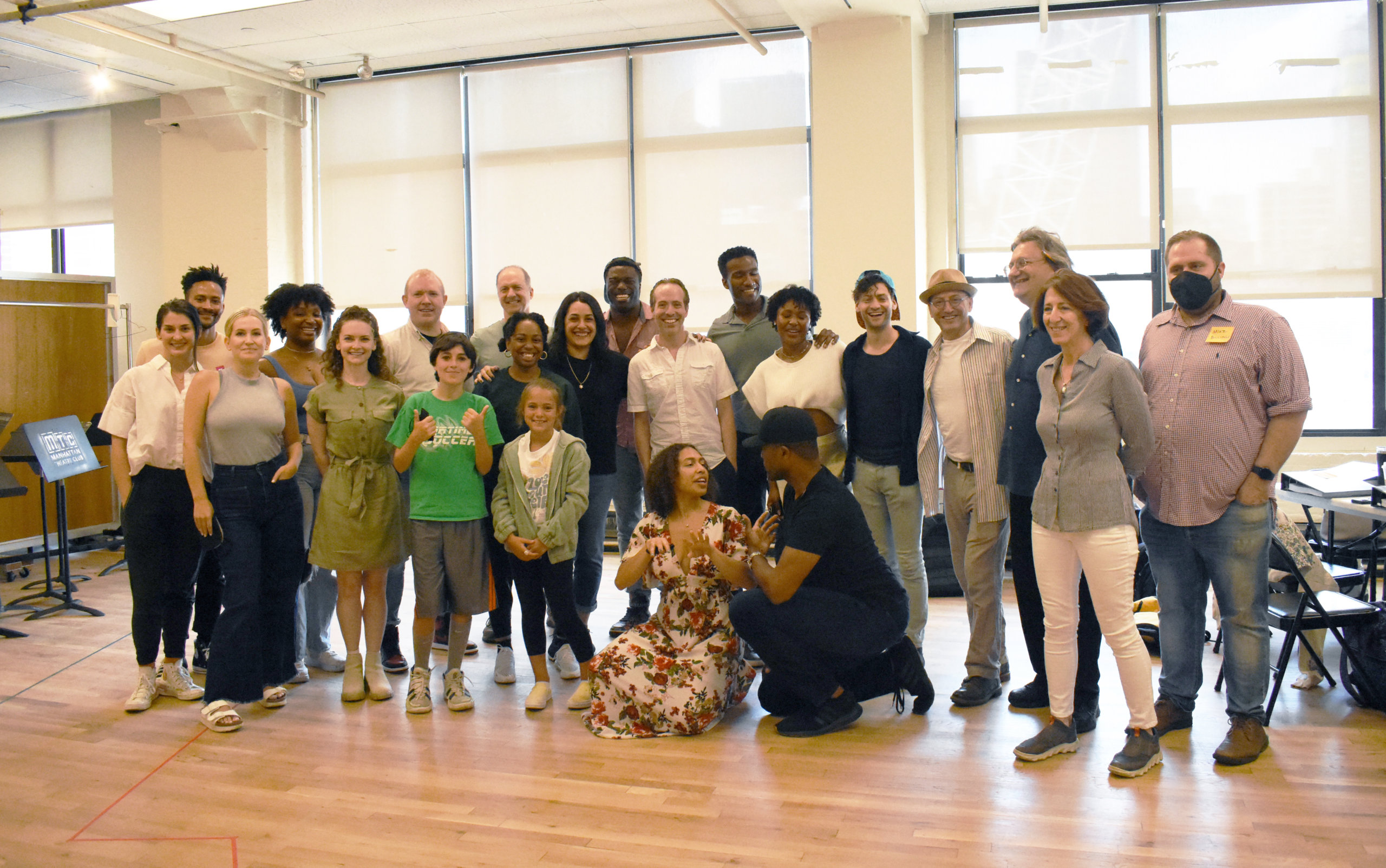
The sun is setting on Bay Street Theater’s summer 2022 MainStage Season, but it’s going out with a bang. For their final show of the summer, the Bay Street team is producing their largest production to date: the famously massive musical Ragtime.
The show — which features music by Stephen Flaherty, lyrics by Lynn Ahrens and book by Terrance McNally — officially opened on Broadway in 1998 (after its 1996 world premiere in Toronto and 1997 U.S. premiere in Los Angeles) and featured a huge company, grand spectacle and impressive stage at the Ford Center for the Performing Arts. It won four Tony Awards out of the 13 it was nominated for, as well as five Drama Desk Awards. It was a hit with audiences, as well, though Will Pomerantz, director of the upcoming, more intimate Bay Street production, admits he didn’t connect with it right away.
“I was impressed, but I didn’t find myself really drawn into the stories. It was partly the scale, partly the architecture of the theater and party the approach, which I think was really clearly meant to be this giant almost pageant of a production,” Pomerantz says, adding that with each progressively smaller production he saw, he liked the show more. “I saw the more recent Broadway revival, which I thought was more successful because it was scaled down. … Then I actually saw an even smaller production at, believe it or not, my daughter’s performing arts summer camp. It was done by teenagers, and they had about $15 to spend on it, and I was very moved by it. … I was like, ‘This is incredible material, actually, now that it’s really stripped down and I can see it in its essence.’ It was very revelatory, and after that, that’s when I went to Scott Schwartz and said, ‘We should really consider doing this show …’”
Now having witnessed the true heart of Ragtime in scaled-down productions, Pomerantz believes it to be “one of the best musicals in the last 50 years … a masterpiece.” While believing that a famously large-scale musical is better when scaled down may seem like a hot take, one of the show’s creators, lyricist Lynn Ahrens, actually agrees.
“What we’ve learned over the years is that, in a way, smaller productions are more impactful than the large ones,” Ahrens says. “When we first did the show on Broadway, it was huge — the sets were huge, everything was gigantic. And you couldn’t really focus on the impact of the stories themselves on each of those characters’ lives. Your eyes were sort of all over the place, and you were so immersed in the glory of this huge physical production. It was stunning in its way, but when you get a small, compact, focused production … you really feel the power of the score much more and the power of the storytelling when you’re up close and the show is smaller.”
Despite this, it could be argued that the production might not have been the memorable Tony-winning masterpiece it became without the freedom the large scale provided Ahrens, Stephen Flaherty and Terrance McNally. “It was the biggest project that Stephen and I had ever taken on, and we were so thrilled to stare this mountain of a show in the face and try to conquer it,” Ahrens says. “Writing for that size orchestra and company of actors was very freeing, in a way, it was wonderful. There were no limits on what kinds of harmonies you could write, what kinds of sweeping themes you could conquer and cover.”
What gave the original creators freedom to write and experiment, is now creating a fun challenge for Pomerantz. Even with a big-for-Bay-Street cast of 18, Ragtime typically has more than 20 singing/speaking roles, which means the director must plan character entrances and exits carefully, which in turn affects costumes, set pieces, scene staging more.
“It’s a challenging show to mount,” Pomerantz says. “It’s exciting to figure out how (to adapt it) in our house style of taking traditionally very large musicals and doing them in a more intimate fashion. That’s what we’re doing here, but this one is an interesting challenge because there are multiple storylines and many, many characters. Figuring out the logistics of that is a very exciting thing, and I think it will be exciting for the audience to see how we’ve crafted that and resolved that puzzle.”
Pomerantz’s cast and crew have been integral to solving the challenges of Ragtime, including its impressively long and complex song sequences, some of which feature costume changes and can run as long as 12 minutes. The cast includes Kyrie Courter, Derrick Davis, Lora Lee Gayer, Zachary Prince, Daniel Jenkins, Harrison Bryan, Davon Williams, Clyde Voce, Rachel Parker, Taylor Jackson, Cathryn Wake, Victoria Huston-Elem, Ryan M. Hunt, Cecelia Ticktin, Will Hantz, Sonnie Betts, Ian Lowe and Brianna Kaleen.
“Every one of our people is both a really good actor and a really good singer. … It’s more rare than you think,” he says of the “landmark” cast. “I think it’s going to be memorable and an experience that people will carry with them — both because of this extraordinary group of performers and the designers (our incredible design team) and also because of this material, which is such high quality.”
The Ragtime musical, based on E.L. Doctorow’s novel of the same name, expertly juggles the worlds of three groups of characters at the turn of the 20th century: a wealthy white couple, a Jewish immigrant and his daughter, and an African American ragtime musician.
“I think the show is universal. It talks about the human condition — whether you’re Black, an immigrant or a white person, we all have the same underlying fears and different circumstances that we have to conquer. It’s a story of America, of the melting pot and of people trying to understand how they play a part in that makeup of a country. There’s something in it that relates to everyone, so maybe that’s the secret of its power,” Ahrens says, adding that everyone seems to have a different character that they relate to. “My father, when he was alive, went to see the show, and I said, ‘Dad, who was your favorite character?’ And his was the little boy because he identified with the child watching a century emerge.”
“It’s only become more relevant — the issues that it raises, the lens that it puts on the American history of race, immigration, women’s rights — across the board it’s all stuff that’s really resonant right now,” Pomerantz echoes. “The show is an incredible combination of powerful and moving, sometimes very sad, but also incredible joyous, raucous and fun. It’s a really unusual combination of a show to have all of those things in such a wide spectrum.”
For tickets and more information, visit baystreet.org or call 631-725-9500.


